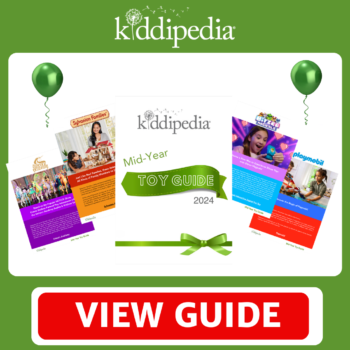What is play based learning?
Play by definition is an activity engaged in for enjoyment and recreation, especially by children. While learning means the acquisition of knowledge or skills through experience, study or by being taught. So what is play based learning? By putting together the definition of both words, play based learning is the acquisition of knowledge or skills through play. So it’s learning through playing. Children will always have enjoyment in playing. Playing will help draw out their skills and interest. When they initiate play, they are more motivated to acquire and develop positive characters towards learning.
So what are the benefits of play based learning? Here are a few of them.
- Play helps children to think about what they want to do.
By playing, children will learn their likes and dislikes. If a child discovers through play that he likes coloring and drawing and this makes him feel good, then he will continue doing it. Through time, it will develop and he will want to learn everything about it.
- Indoor and outdoor play helps to reduce children’s stress.
Let your child play and have fun either indoor or outdoor. Play helps relieve stress on children and it provides a certain satisfaction that no other activity could provide. Children sometimes will feel stressed on a lot of school work, so let them play and relax and give them these few minutes to help ease their mind.
- Play is a way children make sense of their world.
Play allows children to role-play people they want to be when they grow up. This would give them enough time to play out these roles in the most creative way possible for them, given the right toys and tools for the activity.
- Play is for imagination and creativity.
Children can use their creativity and imagination in making up worlds that they would like to create. This helps them engage their thoughts on that imaginative world and helps them become creative with the tools they have at play.
- Play is something children can own in a world where most things are organized by adults.
Children make up their own world when they play. They decide on the things around them and who to play with. This is their own happy place and they can do whatever they want. This is outside the real world where they need to listen to adults on what to do.
- Play is a time when adults and children can have fun together.
Playing with your little one could help nurture bonds and have a closer relationship with your child. It is a way to bond and at the same time an opportunity for the adult to learn more about the creative and imaginative world of your child.
- Play is for pleasure.
Playing is always pleasurable for any child. They do it as much as they want to and stop when they are tired of it. We need to understand a child’s play in order to understand our child. Through play, children expresses himself and accomplishes their artistic and emotional achievements.
What can parents or adults do to support their children’s play based learning?
- By arranging safe places for children to play, indoors and outdoors, in parks and playgrounds.
It is your duty as parents to set these safe places because kids themselves are not yet aware of the dangers that certain places could hold. Places and things surrounding the play area should be checked first and children need to be monitored from time to time.
- By arranging the time for play and not scheduling too much in a child’s day.
Have their play time schedule properly and don’t clutter the day with too many activities which the kids will find too much to handle. Let them have time to relax and just enjoy the day without doing anything. Too much of anything is not always good.
- By providing children with some playthings and also allowing children to find their own playthings both inside and outside.
Giving your kids the right tools for creative play will help them be more imaginative and creative. Children will also learn to play with such simple things and this will help them draw out their ingenuity.
- By reading and storytelling with children.
Children love to listen to stories. Have time for storytelling for their curious and imaginative minds. Role plays with them by making up voices and try to act out the story as it goes.
- Spend some time playing with them.
Join your children at play when they invite you and let them play on their own when they want to. This helps them decide on their own on how to go about their playtime. Just follow their rules as you go about the play.
- By following the child’s lead and resisting the temptation to criticize, direct or turn a play into a lesson.
Let your child lead when they are at play. Just go with the flow and let them enjoy every moment as they learn. Try not to criticize and turn the play into a lesson that will change everything. This is your child’s time to be the one making up the rules so just follow for now.
References retrieved from:
https://www.kidsmatter.edu.au/families/about-behaviour/play/children-learn-through-play
You may also like to read:
Play ideas to develop friendships
Eight vital skills children develop in early learning and care settings









